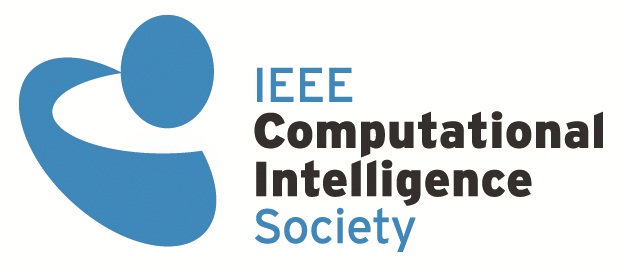|
Task Force on Evolutionary Scheduling and Combinatorial Optimization
PreviouslyTask Force on Evolutionary Scheduling and Timetabling (2007-2013)
Dr Frank Neumann has been nominated as the new task force chair from Jan 2013. For more details refer to Evolutionary Computation Technical Committee at IEEE CIS.
ChairRong Qu, University of Nottingham, UK (May 2007 - Jan 2013)Co-chairsEnder Ozcan, University of Nottingham, UKAndrew Parkes, University of Nottingham, UK MembersJames Bean, University of Michigan, USAXiaoqiang Cai, The Chinese University of Hong Kong China Peter Fleming, University of Sheffield, UK Jeffrey W. Herrmann, University of Maryland, USA Raymond Kwan, University of Leeds, UK Dirk Mattfeld, University of Braunschweig, Germany David Montana, BBN Technologies, USA Bryan Norman, University of Pittsburgh, USA Kay Chen Tan, National University of Singapore, Singapore Dario Landa Silva, University of Nottingham, UK Edward Tsang, University of Essex, UK Overview of the Task ForceWelcome to the Task Force on Evolutionary Scheduling and Combinatorial Optimization at IEEE Computational Intelligence Society. The aim of this working group is to serve as a forum for researchers and practitioners for promoting and carrying out research in the area of scheduling and combinatorial optimization using evolutionary computational techiques. Evolutionary Scheduling and Combinatorial Optimization is an important research area at the interface of Artificial Intelligence and Operational Research. We are interested in both the theoretical and practical aspects related to the application of evolutionary methods to scheduling and combinatorial optimization problems. Evolutionary methods refer to a range of computational approaches that are often inspired by processes that occur in nature. Examples of evolutionary methods are genetic algorithms, genetic programming, ant colony systems, particle swarm optimization, scatter search and path relinking, memetic algorithms, artificial immune systems, evolutionary strategies, cultural algorithms, etc. Evolutionary methods have been applied to a number of problems including optimization, search and design with considerable success. In this task force we are particularly interested in the application of evolutionary methods to tackle all types of scheduling and combinatorial optimization problems. Scheduling and combinatorial optimization problems include a wide range of combinatorial optimization and search problems in which the task is to accommodate a set of entities such as events, items, tasks, projects, activities, people and vehicles into a pattern of time-space so that the available resources are utilized as efficiently as possible and the additional constraints are satisfied. Examples of scheduling and combinatorial optimization problems included but not limited to:
Specific objectives of the Working Group on Evolutionary Scheduling and Combinatorial Optimization include:
Key ResourcesRecent Activities and Conferences
References
Web Links |
|
Last Update: 12 October 2012, Comments to Rong Qu |

